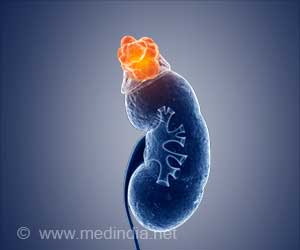A new biography of John Keats suggests that the untimely death of the English poet at the young age of 25 years could be attributed to his mother’s heavy drinking when she was pregnant.

FAS is a series of mental and physical defects which can occur in a foetus that has had exposure to alcohol.
Roe, chair of the Keats Foundation, has highlighted research by the eminent professor Brian Livesley which suggests that the poet's small head and projecting upper lip are clear symptoms of a foetal alcohol effect.
The research also suggests that the poet's small stature, stocky upper torso and small lower limbs are evidence of a congenital cardio-vascular condition.
In his book 'John Keats', Roe argues that FAS may have also left him vulnerable to diseases, including TB, which killed him in Rome in 1821.
"Keats was born prematurely because his mother drank," the Daily Mail quoted him as writing.
Although Keats did have some of the physical attributes associated with FAS, the claim is likely to prove controversial.
He also sheds light on the poet's celebrated, but unconsummated, relationship with Fanny Brawne, cited as an inspiration for one of his most celebrated sonnets 'Bright Star'.
Roe is convinced that the couple's mutual attraction would have faded had it not been for Keats' premature death.
"I think temperamentally and pathologically the relationship with Fanny Brawne would have floundered sooner or later if he had lived," Roe said.
"It's a very different view from Bright Star... because I think the evidence points in a much darker direction.
"I think it was a relationship of dazzling intensity but at the same time full of suspicion, jealousy, resentment and bitterness," he said.
Roe also claims that Keats believed the failure to consummate the relationship was one of the reasons for his illness.
"As he becomes severely ill he attributes the illness to the fact he could not express himself sexually," Roe said.
"It was bound up with neurotic ideas that sexual frustration was causing his TB," Roe added.
Even though Keats enjoyed little success during his lifetime, his poems among the most celebrated in English language today.
Source-ANI
 MEDINDIA
MEDINDIA




 Email
Email










